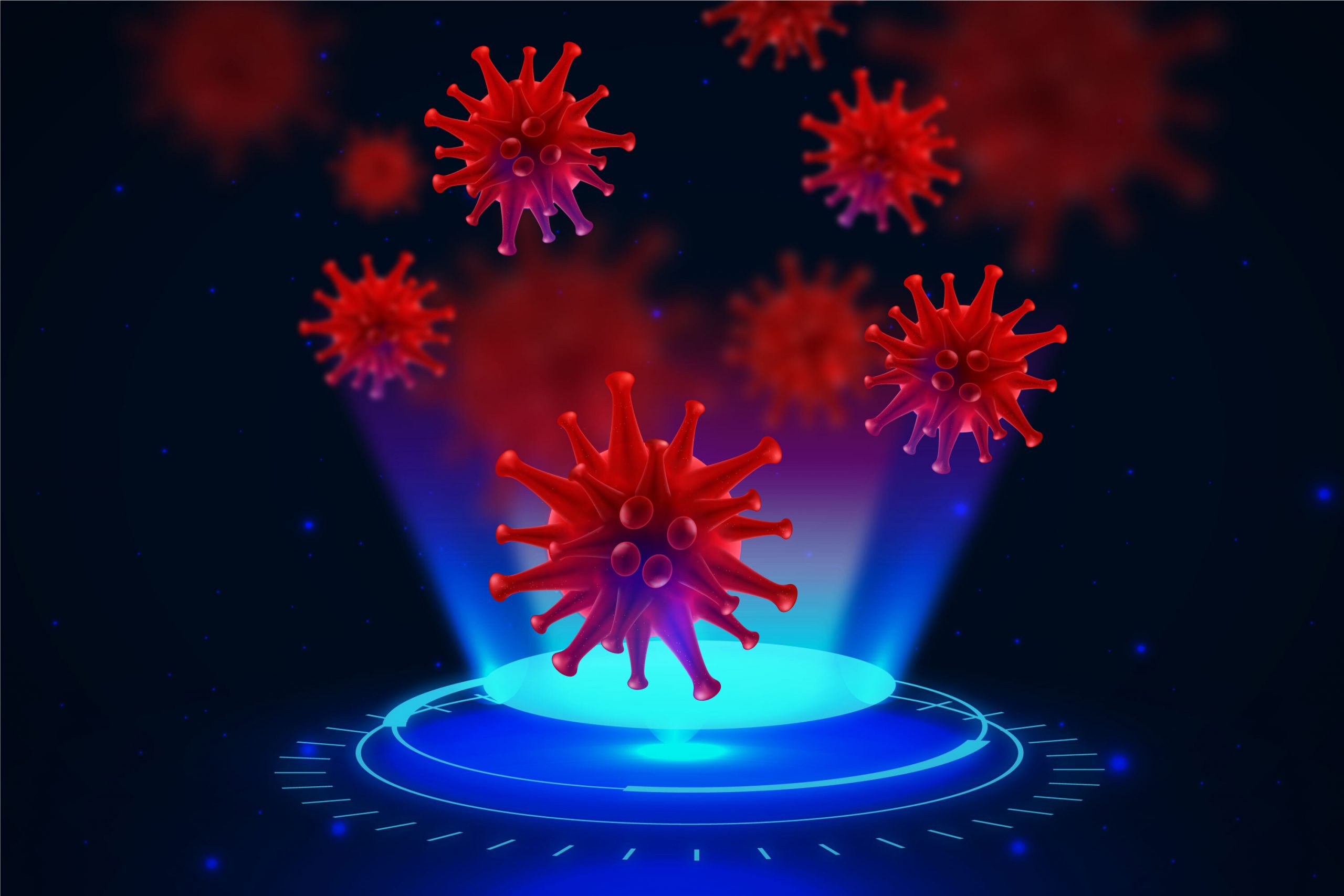

A new Yale School of Medicine and Icahn School of Medicine at Mount Sinai study found that people who have experienced brain fog, confusion, pain, and extreme fatigue for months or longer after being infected with COVID-19 have different immune and hormonal responses to the virus.
These different responses may help scientists pinpoint the origins and maybe solutions for the frequently debilitating condition that has impacted millions worldwide. The U.S. estimates 7.5% of SARS-CoV-2 infections develop long-term COVID.
“If you are a doctor doing routine lab work on these patients, you are not going to find these signals,” said Akiko Iwasaki, Sterling Professor of Immunobiology at Yale and co-senior author of the paper.
The findings appeared in Nature on Sept. 25.
The study examined blood samples from 268 persons who had long-term COVID symptoms for an average of one year, had recovered from COVID-19, or had no past infections. The researchers found substantial changes in circulating antibodies and other immune system cells between long-COVID patients and others.
Long-term COVID patients have higher levels of antibodies that combat non-COVID-19 viruses, including Epstein-Barr virus, a human herpesvirus related to many malignancies. These individuals also had significantly reduced cortisol levels, a stress hormone secreted by the adrenal glands.
The scientists say these data indicate fundamental molecular processes related with chronic COVID, but the variety of individual reactions makes creating treatments difficult.
“There is no ‘silver bullet’ for treating long COVID, because it is an illness that infiltrates complex systems such as the immune and hormonal regulation,” said co-senior author David Putrino, a professor of rehabilitation and human performance at Icahn Mount Sinai and director of the Cohen Center for Recovery From Complex Chronic Illness
Iwasaki said the new findings may contribute in the development of novel diagnostics and treatments.
“Once we have more information on these signals, we can start to think about designing the right trials to treat this condition,” she said.
more recommended stories
 Red Blood Cells Improve Glucose Tolerance Under Hypoxia
Red Blood Cells Improve Glucose Tolerance Under HypoxiaKey Takeaways for Clinicians Chronic hypoxia.
 Nanoplastics in Brain Tissue and Neurological Risk
Nanoplastics in Brain Tissue and Neurological RiskKey Takeaways for HCPs Nanoplastics are.
 AI Predicts Chronic GVHD Risk After Stem Cell Transplant
AI Predicts Chronic GVHD Risk After Stem Cell TransplantKey Takeaways A new AI-driven tool,.
 Red Meat Consumption Linked to Higher Diabetes Odds
Red Meat Consumption Linked to Higher Diabetes OddsKey Takeaways Higher intake of total,.
 Pediatric Crohn’s Disease Microbial Signature Identified
Pediatric Crohn’s Disease Microbial Signature IdentifiedKey Points at a Glance NYU.
 Nanovaccine Design Boosts Immune Attack on HPV Tumors
Nanovaccine Design Boosts Immune Attack on HPV TumorsKey Highlights Reconfiguring peptide orientation significantly.
 High-Fat Diets Cause Damage to Metabolic Health
High-Fat Diets Cause Damage to Metabolic HealthKey Points Takeaways High-fat and ketogenic.
 Acute Ischemic Stroke: New Evidence for Neuroprotection
Acute Ischemic Stroke: New Evidence for NeuroprotectionKey Highlights A Phase III clinical.
 Statins Rarely Cause Side Effects, Large Trials Show
Statins Rarely Cause Side Effects, Large Trials ShowKey Points at a Glance Large.
 Anxiety Reduction and Emotional Support on Social Media
Anxiety Reduction and Emotional Support on Social MediaKey Summary Anxiety commonly begins in.

Leave a Comment